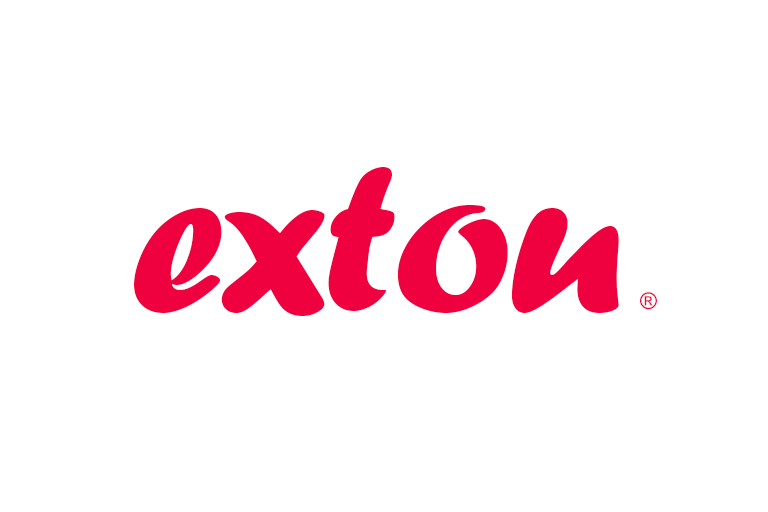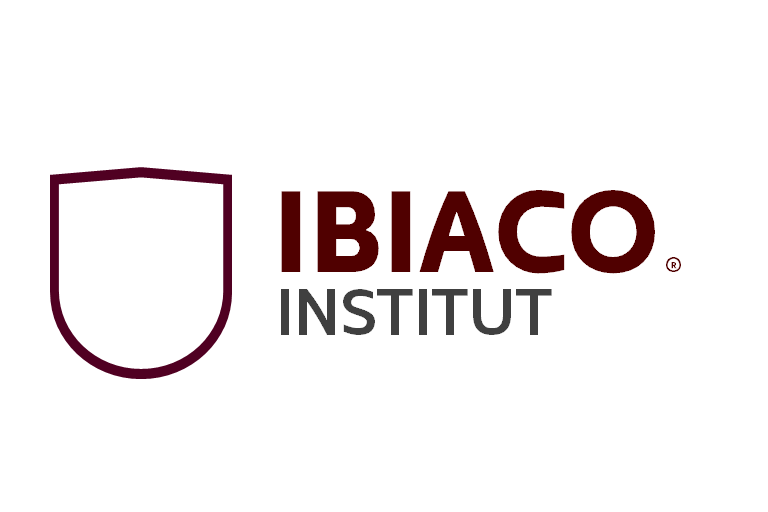Actionable Insights. Measurable Outcomes.

At IBIACO, we turn challenges into opportunities.
Lack of Performance Solutions
In today's competitive market, stagnant performance isn't an option. At IBIACO, we specialize in identifying the root causes of inefficiencies and implementing tailored strategies to unlock your organization's full potential. From optimizing processes to energizing teams, our solutions are designed to deliver measurable results and sustainable growth.
Mergers and Acquisitions
Navigating the complexities of mergers and acquisitions requires precision and expertise. At IBIACO, we provide end-to-end support, from due diligence and valuation to integration planning and execution. Our approach ensures seamless transitions, maximized synergies, and successful outcomes that align with your strategic goals.
Boosting Profitability
Profitability is at the heart of every business’s success. IBIACO helps you uncover hidden opportunities, streamline costs, and enhance revenue streams. Our customized strategies are designed to improve margins, drive sustainable growth, and secure your market advantage.
Going International
Expanding into international markets can unlock tremendous growth potential, but it also comes with unique challenges. IBIACO provides the expertise and resources needed to navigate new markets confidently. From market entry strategies to regulatory compliance, we’ll help you establish a strong foothold on the global stage.
Business Transformation
Adaptability is the key to thriving in an ever-changing business landscape. IBIACO partners with you to redesign your business model, streamline operations, and embrace innovation. Together, we’ll build a resilient organization ready to face tomorrow’s challenges and seize new opportunities.
Featured Insights & Resources
From Pressure to Performance: How Healthcare Is Adapting in a New Era of Efficiency
Healthcare systems worldwide are at a critical turning point. Faced with soaring demand, workforce burnout, tight budgets, and rapidly evolving patient expectations, performance enhancement is no longer optional—it’s fundamental. At IBIA...
The AI Showdown: How DeepSeek and ChatGPT Are Shaping the Future of Conversational AI
The race for dominance in artificial intelligence-driven chat models is heating up. With DeepSeek emerging as a formidable competitor to OpenAI’s ChatGPT, the landscape of AI-powered communicatio...
Take the first step toward actionable outcomes with personalized guidance from our experts.
Let's Build Solutions Together
Request Your Free Consultation
Here’s how it works:
You
Submit your details.
Provide us with some basic information about your needs and goals.
You
Us
Our expert team reviews your request.
We carefully analyze your input to understand your unique challenges.
We team-Up
We connect with you to schedule a personalized consultation.
Our team will reach out to confirm a convenient time to discuss tailored solutions.
We team-Up





